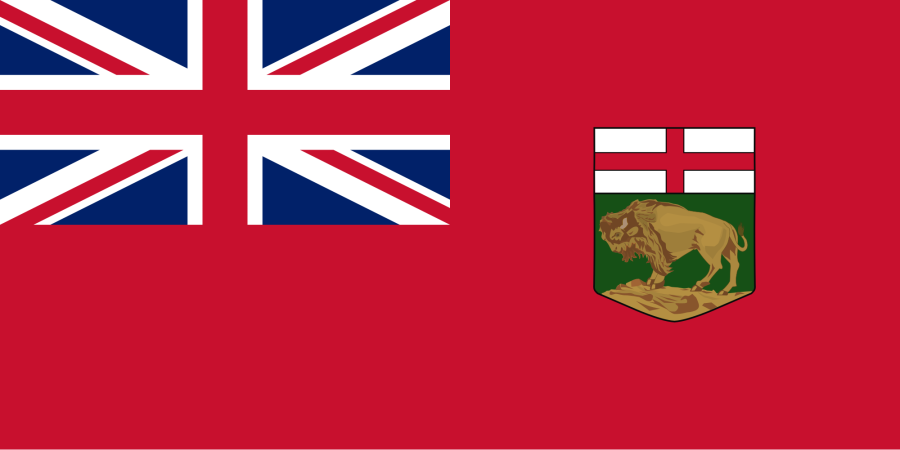Manitoba’s provincial government is finding itself in a financial downturn even as it is set to receive an historic 24 per cent bump in its equalization payments.
Something is clearly amiss in the land of polar bears, bison, and Slurpees.
The problem is the government is only cutting and taxing here and there. The Manitoba government is avoiding the quality and permanent fiscal restraints needed for future economic viability.
They are just re-arranging the deck chairs on the Titanic.
Some of this fiscal mess was predictable. In a populist move to build support, the government suspended the provincial fuel tax, which brought in almost $350 million a year.
On the other hand, this tax cut was a boon to average Manitobans facing crushing inflation like everyone else in Canada. However, cutting this sustainable revenue stream left a big hole in government finances and limited resources to fix crumbling roads.
The government should seek deep fiscal restraint elsewhere.
The province said it would balance its budget through fiscally prudent yearly spending. However, the latest collective agreements with nurses and public sector workers represent wage increases well beyond yearly economic growth.
Manitoba doesn’t need to gut its civil service, but it does need to make real cuts in its growth and bring down its size relative to the provincial average across Canada.
A Frontier Centre study from 2022, Manitoba Public Sector Swells While the Private Economy Dwindles found that although (since 2015) Manitoba has restrained growth in the provincial government administration, it is still supporting an excessively large public sector..
The data also showed that private sector growth continues to lag government growth. Basic economics tells us that at some point growth in government spending starts to crowd out private sector investment and activity. For the Kinew government this is a timely reminder that governments don’t fund themselves; they can only tax or borrow.
Manitoba’s has 169 public employees per 1,000 people which is the third highest in the country, exceeded only by Saskatchewan (178) and PEI (175).
The study revealed the Canadian average for public sector employment as a percentage of the workforce was 21.8 percent, whereas Manitoba was still much higher at 27 percent—almost a quarter higher.
The study – relying on Statistics Canada numbers – found the average public sector salary in Manitoba at the time was $35.84 per hour in 2021. The province had 179, 500 public sector workers. If Manitoba aspired to remain at the Canadian average, it would only have 144, 526 workers.
In total, simply going to the Canadian average would mean 34,974 fewer public sector workers. Manitoba taxpayers would save $2.6 billion annually through this adjustment. If one includes overtime and pension and other benefits, this figure would even be higher.
So, Manitoba can get on track towards financial sustainability by – very reasonably – reducing our provincial government workforce down to the Canadian average. Fewer highly paid provincial civil servants is an elegant way to rein in long term spending.
A smaller, more normal, spending envelope would still allow the province to shift spending from non-essential areas of the civil service to other priorities, , for example, more front-line health workers. More importantly, it would also allow a more attractive tax system that boosts private sector investment, jobs and opportunities.
Bringing Manitoba’s civil service to the Canadian average will inevitably cause tension with unions, but the move is the first logical step in restoring fiscal restraint.
Joseph Quesnel is a Senior Research Fellow with the Frontier Centre for Public Policy.



